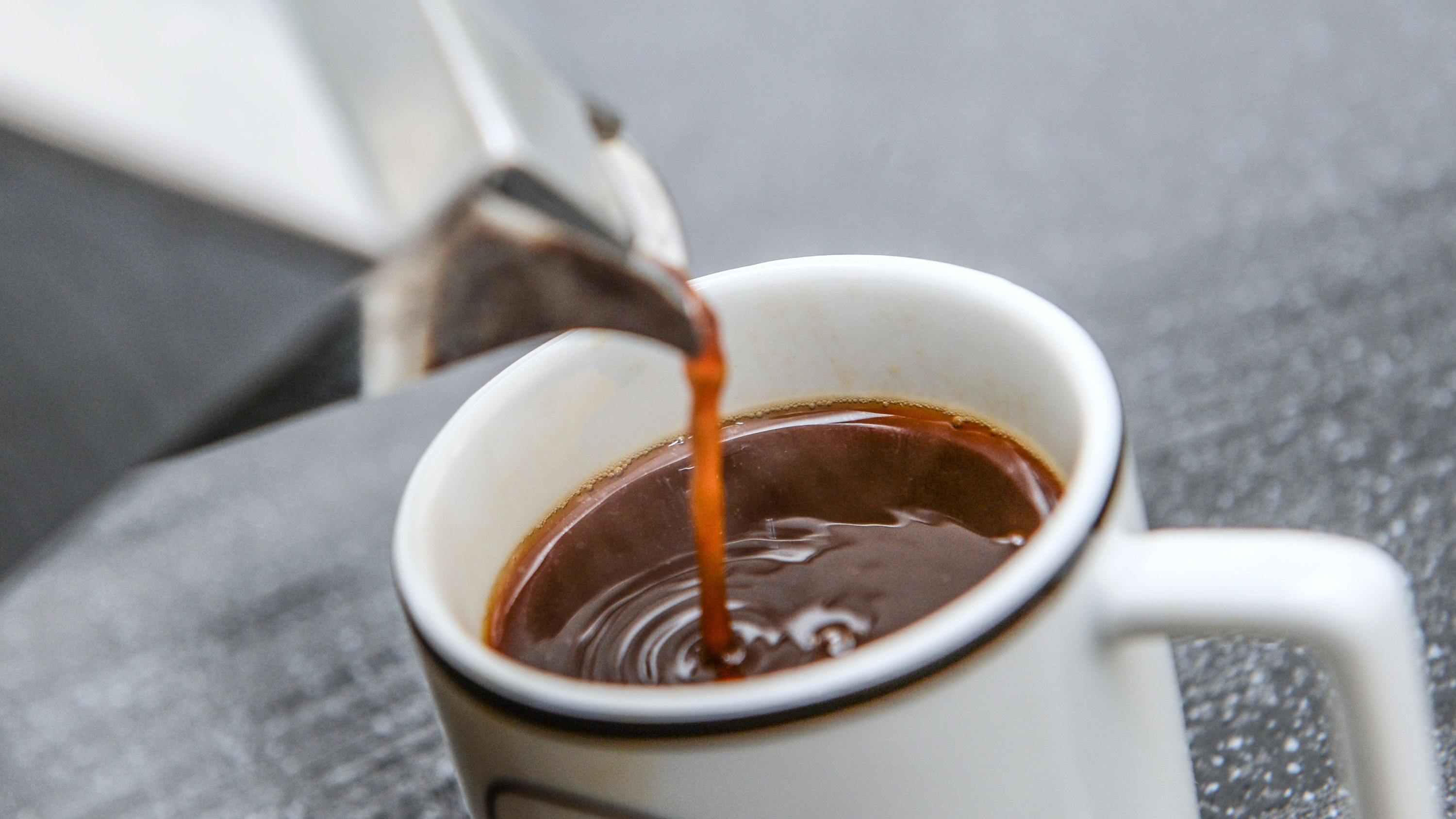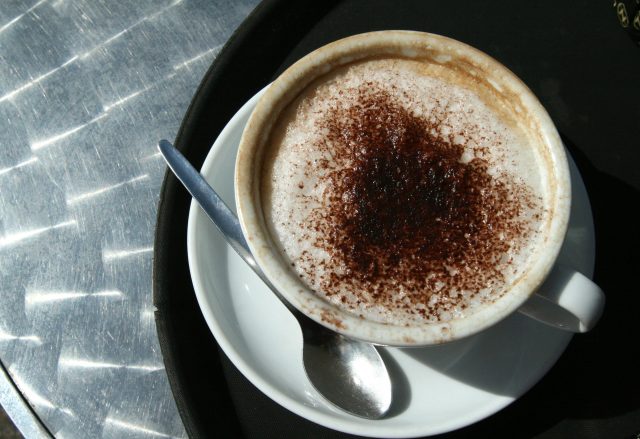
COFFEE not only helps you feel full of beans – it might add years to your life as well, two major studies have shown.
Scientists in Europe and the US have uncovered the clearest evidence yet that drinking coffee reduces the risk of death. One study of more than half a million people from 10 European countries found that men who downed at least three cups of coffee a day were 18% less likely to die from any cause than non-coffee drinkers.
Women drinking the same amount benefited less, but still experienced an 8% reduction in mortality over the period measured.
Good news for coffee drinkers: People who drink 3 cups a day may live longer than non-coffee drinkers https://t.co/xsKqrKxNzC #CoffeeTime pic.twitter.com/e21IFcH4LD
— Imperial College (@imperialcollege) July 11, 2017
Similar results were reported by American scientists who conducted a separate investigation, recruiting 185,855 participants from different ethnic backgrounds. Irrespective of ethnicity, people who drank two to three cups of coffee daily had an 18% reduced risk of death.
Each of the studies, both published in the journal Annals of Internal Medicine, showed no advantage from drinking either caffeinated or decaffeinated coffee. Experts believe the antioxidant plant compounds in coffee rather than caffeine are responsible for the life-extending effect.
Previous research has suggested that drinking coffee can reduce the risk of heart disease, diabetes, liver disease, and some cancers.
Drinking #coffee reduces risk of death from all causes, study finds https://t.co/O11F3CJMFw pic.twitter.com/eb9zyT5Zbj
— Imperial College (@imperialcollege) July 10, 2017
“Importantly, these results were similar across all of the 10 European countries, with variable coffee drinking habits and customs. Our study also offers important insights into the possible mechanisms for the beneficial health effects of coffee.”
Dr Gunter’s team examined data from 521,330 participants in the Epic (European Prospective Investigation into Cancer and Nutrition) study. The investigation spanned 10 European countries including the UK, France, Denmark and Italy. The Danes drank the most coffee by volume – 900ml per person per day – and the Italians the least.
Coffee lovers, rejoice! A study found that coffee consumption may lower your mortality risk: https://t.co/VEziKJdAJQ #NationalCoffeeDay pic.twitter.com/Yy1acF1a0y
— Annals of Int Med (@AnnalsofIM) September 29, 2016
In terms of numbers of cups of coffee consumed, men and women who drank three or more cups had an 18% and 7% reduced risk of death respectively.
The US study focused on ethnicity because lifestyle habits and disease risk varies greatly among people from different races and cultures.
The US researchers also looked at death rates over a period of 16 years. A quarter of participants drank two to three cups of coffee per day and 7% consumed four or more cups.
People who drank one cup of coffee daily were 12% less likely to die than those who drank no coffee, the results showed. Drinking two to three cups of coffee reduced the chances of death by 18%.

Enjoy the convenience of having The Sunday Post delivered as a digital ePaper straight to your smartphone, tablet or computer.
Subscribe for only £5.49 a month and enjoy all the benefits of the printed paper as a digital replica.
Subscribe